Whole books have been written about the problems we face with plastic waste; I just want to provide a short summary of the issues here that I put together to educate myself.
Plastic waste poses significant problems, impacting the environment, human health, and the economy. It contaminates ecosystems, harms wildlife, and releases harmful chemicals into the air and water, potentially causing health issues. The waste itself is a persistent pollutant, taking centuries to break down and forming microplastics that can enter the food chain. Plastic production also contributes to greenhouse gas emissions and the consumption of fossil fuels.
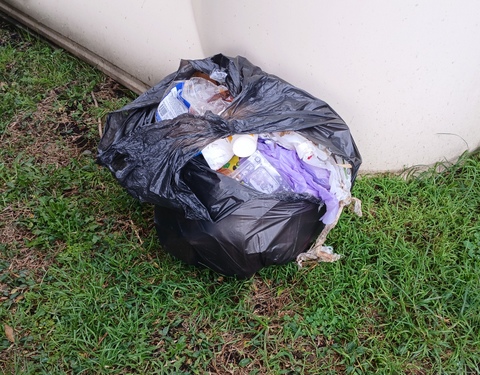
We have a reserve near our place, this rubbish was collected in about half an hour, and is 70%+ plastic waste
Here's a more detailed look at the problems:
Environmental Impact:
- Marine Pollution: Plastic pollution in the ocean is a major threat to marine life, with animals ingesting or getting entangled in plastic, which can lead to starvation, suffocation, and injury.
- Land Degradation: Plastic waste on land pollutes soil and water, impacting ecosystems and potentially harming human health.
- Ecosystem Disruption: Plastic waste can alter habitats and natural processes, reducing the ability of ecosystems to adapt to climate change.
- Microplastic Contamination: Microplastics, formed from the breakdown of larger plastic pieces, contaminate the food chain, including human food sources, and can accumulate in the human body.
- Climate Change: Plastic production relies heavily on fossil fuels, contributing to greenhouse gas emissions and climate change.
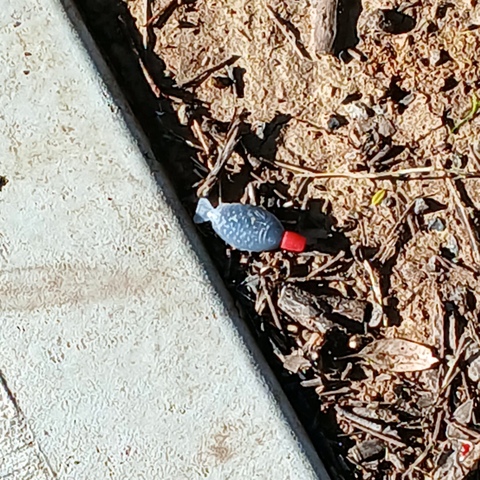
Human Health Concerns:
- Ingestion and Absorption: Humans can ingest microplastics and be exposed to chemicals released from plastics through various pathways, potentially leading to health problems.
- Exposure to Chemicals: Plastics contain various chemicals, like BPA and DEHP, which can disrupt hormones, affect reproductive health, and increase the risk of certain diseases.
- Health Risks for Vulnerable Groups: Vulnerable groups, including children, women, and marginalized communities, may be particularly exposed to the harmful effects of plastic pollution.
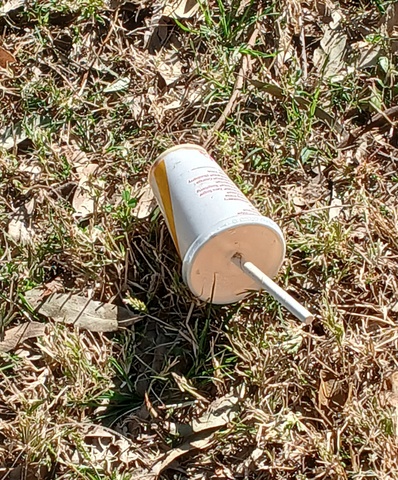
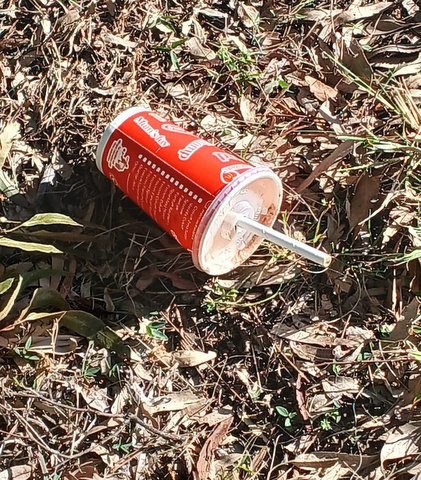
At least the straws are no longer plastic
Economic Impacts:
- Waste Management Costs: The disposal and management of plastic waste, including recycling and landfilling, are costly and can burden local communities and governments.
- Healthcare Costs: The health consequences of plastic exposure can lead to increased healthcare costs for individuals and society.
- Economic Activities: Plastic pollution can negatively impact economic activities, such as tourism, fishing, and agriculture, by affecting the health and availability of natural resources.
Don’t believe me? Here are a selection of websites that cover the hazards associated with plastic waste -
Plastic Pollution - Our World in Data
Plastics and Human Health | Plastics and the Environment Series – Geneva Environment Network
Plastic Pollution Facts and Issues | The Problems With Plastic
The Plastic Waste Problem and its Solutions - Plastic Collective
In the words of Inger Andersen, UNEP (United Nations Environmental Programme) Executive Director: “We will not recycle our way out of the plastic pollution crisis: we need a systemic transformation to achieve the transition to a circular economy”.
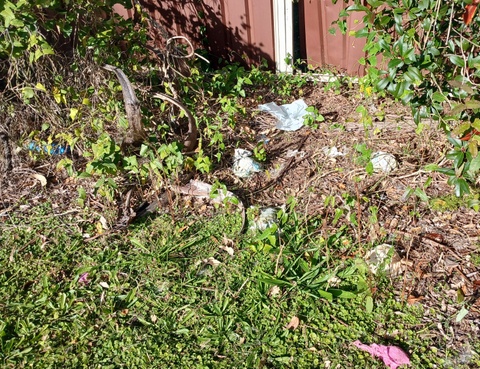
So, what can we do? We can do things as individuals, and we can do things collectively. As always, my focus is on the individual ‘What can I do?’ end of the scale. That should not stop anyone who wants to work on the larger picture from doing so, by for example –
- Lobbying businesses to move away from plastic products or packaging.
- Advocating for stricter regulations by contacting your state and federal members of parliament to support legislation that reduces plastic production and waste.
- Supporting improvements to recycling infrastructure by advocating for better recycling services in your community.
- Volunteering for beach or river cleanups or organising your own,
- Supporting organizations working to combat plastic pollution by donating to or volunteering with organizations like WWF Australia or Plastic Free July.
The two approaches are not mutually exclusive, or as the little girl says in that old taco commercial – “Por que no los dos?” (why can’t we have both?)
Following this will be a series of articles covering the actions that we as individuals can carry out to reduce our negative impact on the environment, health and economy due to plastic waste. The next article in the series can be summarised by my favourite Edwards Demming quote – “what you don’t measure, you don’t control”. It describes a tool to help you understand how much plastic waste you and yours generate.
Links


